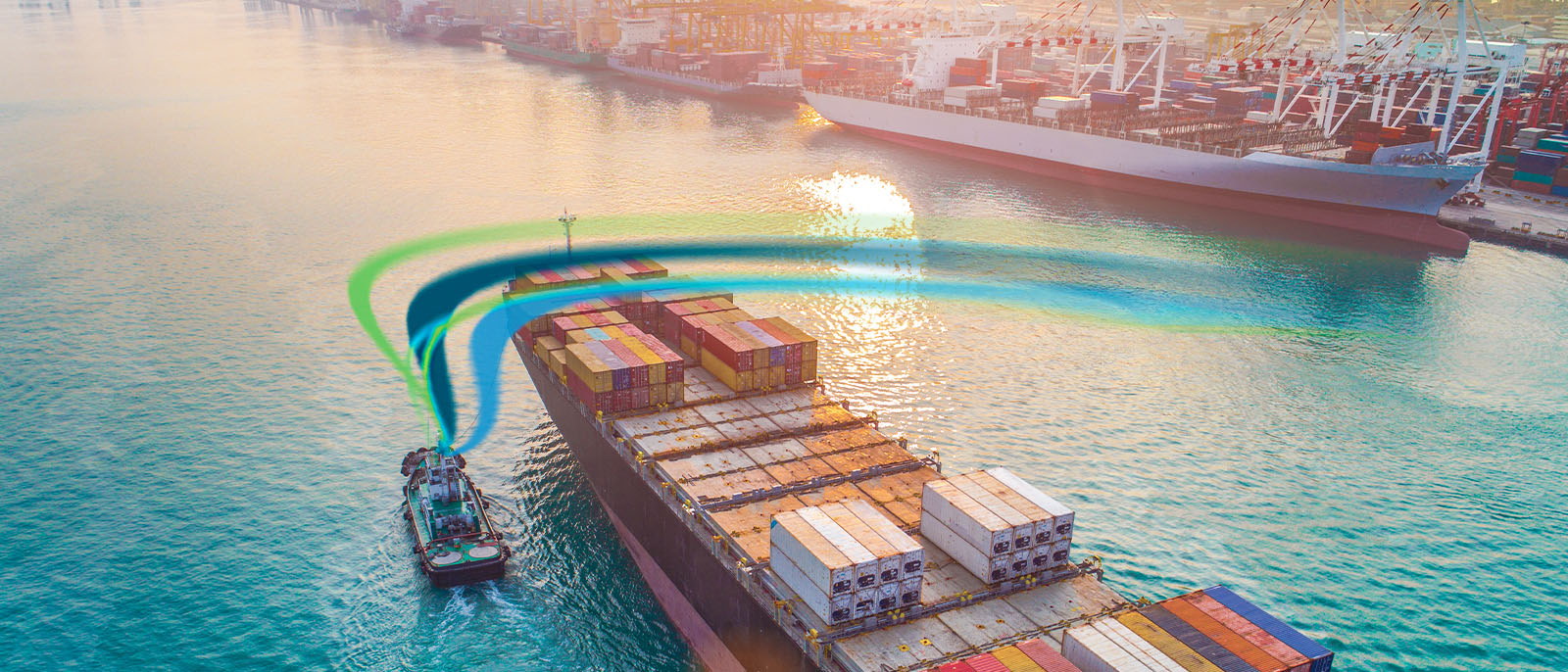
The year 2025 marks a significant turning point in global environmental policy, with profound implications for the shipping industry. As governments and international organisations intensify their efforts to combat climate change and promote sustainability, shipping companies face a wave of new environmental regulations. Understanding and adapting to these changes is critical for maintaining compliance, minimising…








